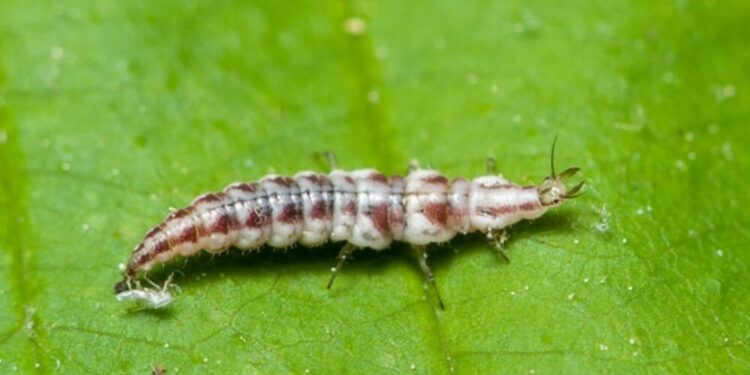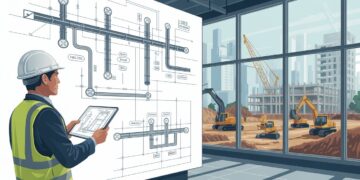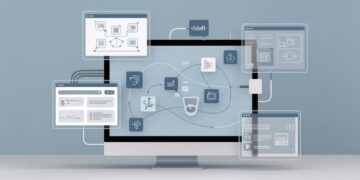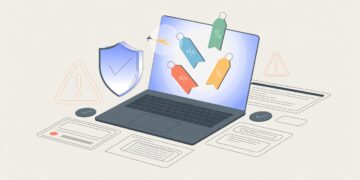Table of Contents
- Introduction to Modern Pest Control Strategies
- The Science Behind Effective Pest Management
- Environmentally Friendly Solutions
- The Role of Technology in Pest Control
- Benefits of Integrated Pest Management
- DIY Pest Control: What You Need to Know
- Common Misconceptions About Pest Control
- Future Trends in Pest Management
Introduction to Modern Pest Control Strategies
The necessity for effective pest control in contemporary living environments cannot be overstated. Pests in urban and rural settings pose significant challenges, impacting human health, food security, and property integrity. Traditional pest control methods are being supplemented and, in some cases, replaced by innovative techniques prioritizing efficiency and environmental responsibility. These new methods are driven by a deeper understanding of pests and their roles within ecosystems, enabling more precise and efficient pest control methods.
Common pests such as termites, known for their destructive impact on wooden structures, and rodents, notorious for spreading diseases and causing structural damage, require targeted strategies that differ vastly from the methods employed in the past. Modern pest management aims to eradicate these pests and prevent their recurrence through sustainable practices. This article explores the cutting-edge solutions currently at the forefront of the pest control industry, offering insights and innovations that align with our ecological consciousness.
The Science Behind Effective Pest Management
Pest management today is deeply rooted in scientific research, providing insights into the behavior and biology of various pest species. This scientific backing enables the development of strategies that are both effective and specific to the pest being targeted. For instance, a pest inspection and understanding a pest’s life cycle can inform the timing and control methods, ensuring interventions are applied at the most vulnerable stages of pest development. It’s through resources that these methods continue to evolve. Furthermore, leveraging natural predators or developing synthetic pheromones to disrupt breeding patterns exemplifies how science can be applied to reduce pest populations sustainably.
Environmentally Friendly Solutions
In today’s environmentally conscious society, there is a significant push towards pest control solutions that minimize harm to the natural world. These solutions involve using natural pesticides that degrade rapidly in the environment and have a low impact on non-target organisms. Additionally, implementing biological control methods—using natural predators or parasites to control pest populations—has gained traction as a sustainable alternative to chemical pesticides. Organizations advocate for these eco-friendly methods as they are effective yet gentle on the ecosystem.
Moreover, planting pest-repelling plants and utilizing natural oils such as neem or peppermint offer natural barriers against pests in agricultural settings and household gardens. These methods protect crops and homes and contribute to biodiversity and soil health, supporting broader environmental goals.
The Role of Technology in Pest Control
Technological advancements have significantly transformed the pest control industry by introducing sophisticated tools and systems that increase precision and reduce environmental impact. Devices like smart traps, equipped with sensors and AI technology, can monitor real-time pest activity, providing data that enhances decision-making processes. Drones are also increasingly employed to monitor large agricultural or industrial areas, allowing for efficient surveillance and rapid infestation response.
Beyond these tools, technology has paved the way for more sustainable solutions such as targeted baiting systems and automated delivery of pest control products. These systems reduce human error and ensure that pest management is both practical and minimally invasive, reflecting the seamless integration of technology into strategic planning in pest control.
Benefits of Integrated Pest Management
Integrated Pest Management (IPM) is a comprehensive approach that coordinates biological, cultural, physical, and chemical tools to manage pests sustainably. By utilizing ecosystem-focused methods, IPM reduces exposure to human health and the environment. This method first promotes natural control mechanisms, with chemical interventions as a last resort. IPM’s key benefits include long-term pest prevention, adaptability across diverse environments, and significant reductions in pesticide usage. Successful IPM programs testify to their versatility and efficacy, proving they can control pests without compromising human or ecological safety.
DIY Pest Control: What You Need to Know
Homeowners eager to address minor pest issues without professional assistance frequently use DIY pest control solutions. These methods often involve low-cost interventions such as traps, borax powders, and natural deterrents like vinegar or baking soda. However, even though these solutions can work well for small infestations, recognize their limitations. Safety is a primary concern when employing DIY methods, particularly with children and pets in the home. Knowing when professional assistance is imperative can prevent a manageable situation from escalating into significant property damage or health risks. As always, assessing the scale of an infestation and gauging one’s capability to handle it safely are critical factors in deciding when to consult professionals.
Common Misconceptions About Pest Control
Despite advances in the pest control industry, numerous misconceptions persist among the public. Among these is the belief that chemical treatments are inherently dangerous when, in fact, many products are designed to target specific pest species while being safe for people and pets. Educational efforts are aimed at debunking myths regarding the efficacy of DIY methods versus professional services. Additionally, many must understand the regulatory frameworks governing pesticide use, ensuring that approved products are tested for safety and effectiveness. Dispelling these misconceptions fosters more informed decision-making and leads to more successful pest management outcomes.
Future Trends in Pest Management
As we look to the future, the pest control industry is poised for further innovation and change. Trends suggest a growing reliance on AI and machine learning technologies for predictive analyses and autonomous pest management systems. These advancements can transform pest control into a more proactive and preventive discipline rather than a reactive one. Furthermore, genetic engineering and biotechnology developments might introduce new methods for controlling pest populations, such as releasing sterile insects to reduce reproduction rates.
















